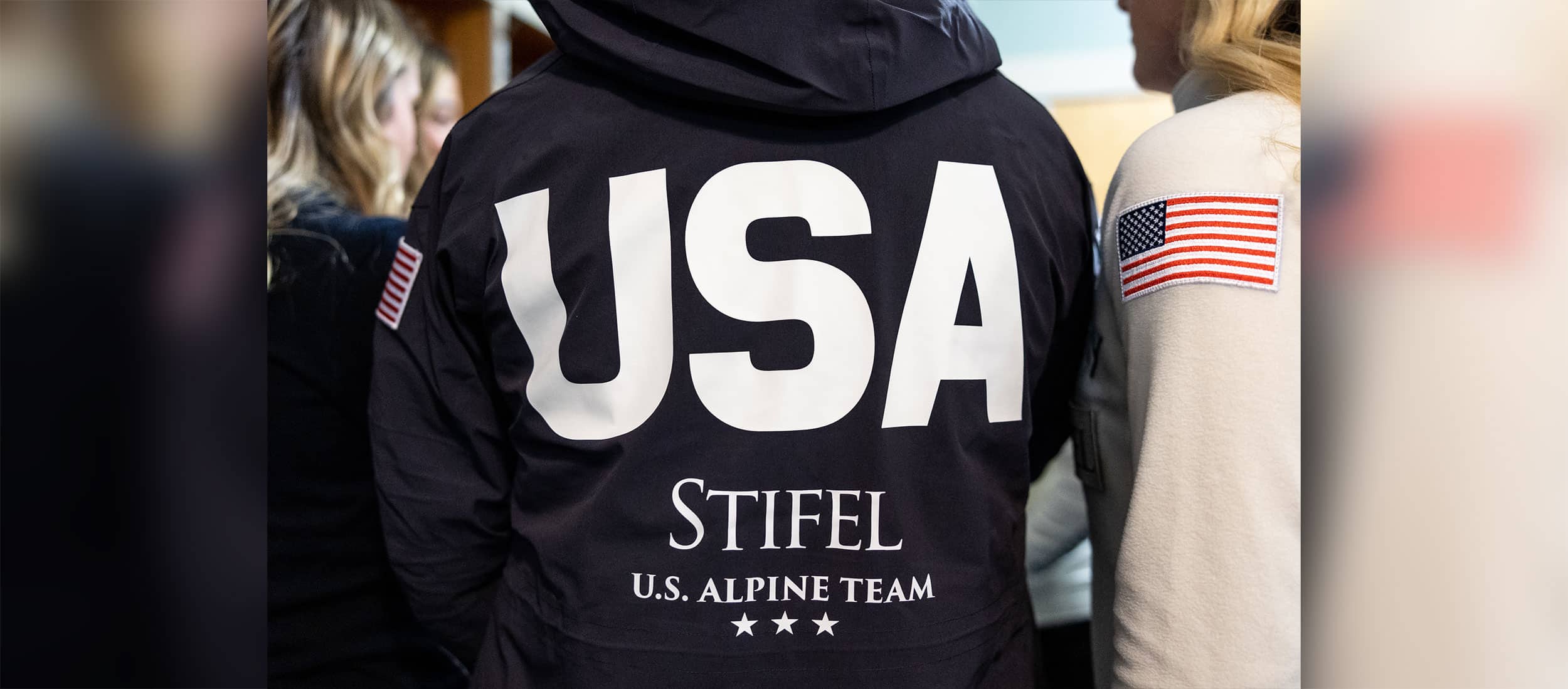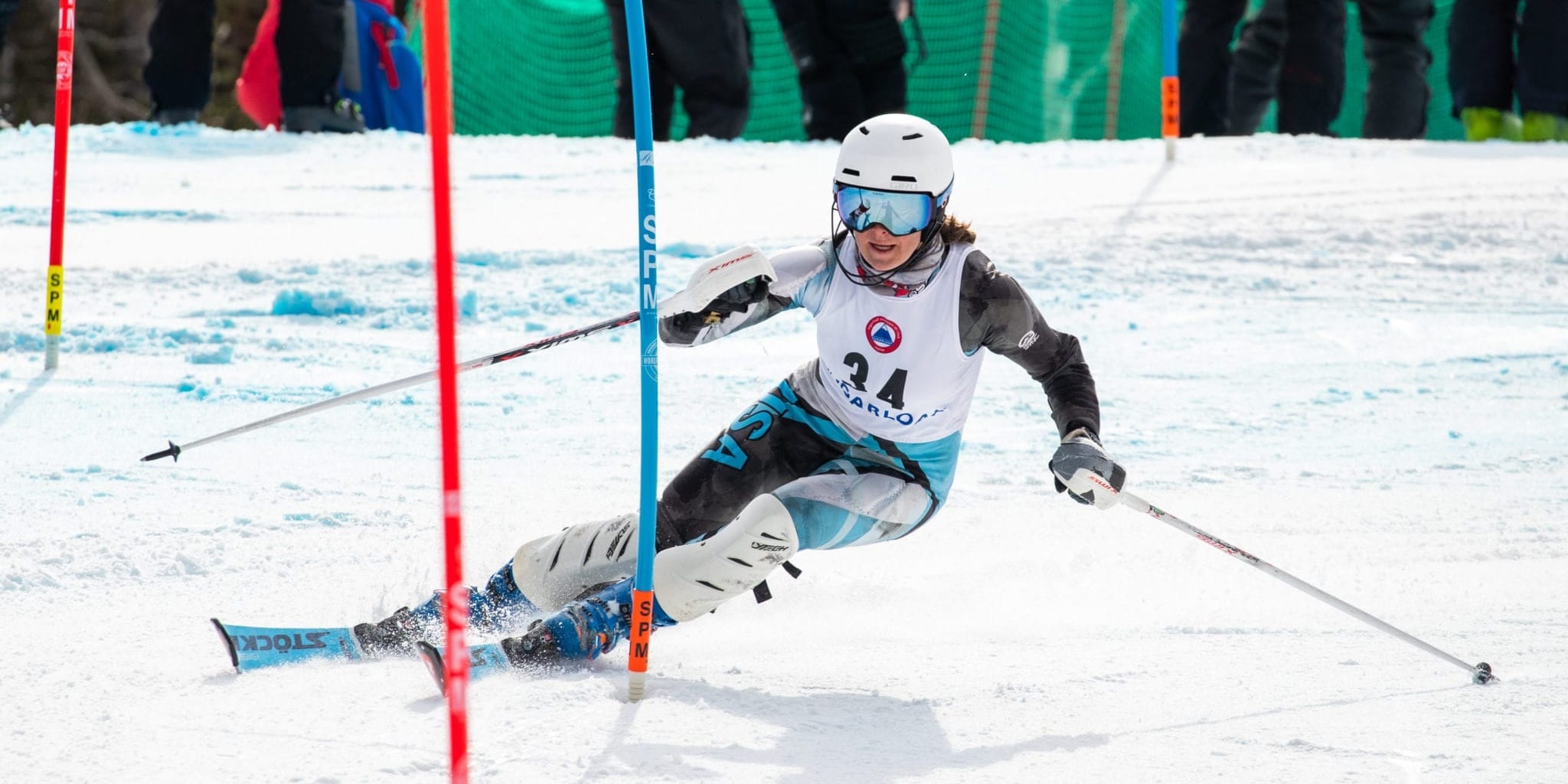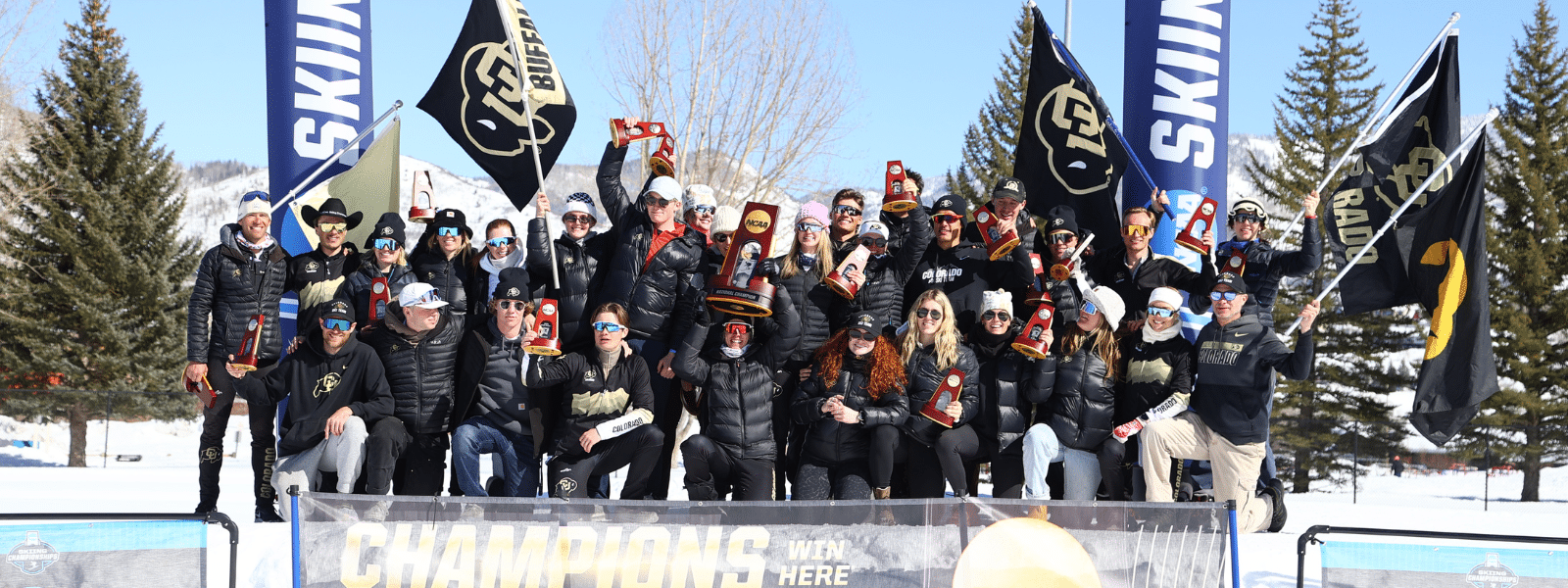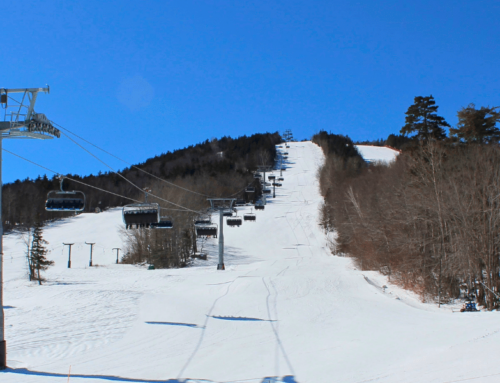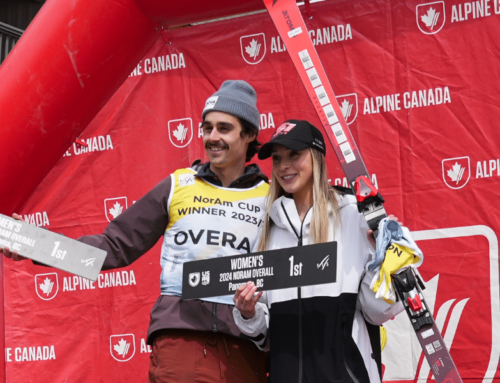Alyeska wrap-up: Andre Horton retires; Alyeska plans expansion
Alyeska wrap-up: Andre Horton retires; Alyeska plans expansion{mosimage}
Looking for the supplementary material for Issue 15 of Ski Racing? There was so much news from the U.S. Alpine Championships that we couldn't fit it all onto the page, and promised to move the rest of the stories to our web site. You'll find much of it below, and a story on the success of NCAA racers at Alyeska under the “College” heading. Enjoy!
Andre Horton skis fast, but announces retirement
Andre Horton, who scored some of the best results of his career at this year's U.S. Alpine Championships, also used the event to announce his retirement from the sport, saying he saw new horizons outside the sport and was tired of the financial sacrifice the sport demands. He's buying a house this spring, getting married in July, and will start studying business administration at the University of Alaska at Anchorage next fall.
“It's difficult,” said Horton of the retirement decision. “You want to keep doing it so bad. It's exciting and it's difficult to put it down. I'm not quitting because I'm not skiing fast. I'm not quitting because I'm upset. It's just the time in my life. You go to a NorAm and do really well, but you still live at your parents' house. At least I do.”
Horton, 24, is from Anchorage, Alaska, and skied for the Mount Bachelor Ski Educational Foundation before making the U.S. Ski Team's development team. He failed to meet the objective criteria to remain on the team last spring, and spent this year trying to re-qualify. This year's nationals at Alyeska (his home hill) were his best ever, including a fourth in the super G and sixth in the downhill.
Horton added that he'd reconsider his decision only if it became financially viable to continue, and the U.S. Ski Team offered him a C Team slot. But he missed the criteria, and the USST isn't offering discretionary spots after a recent round of budget cuts.
“I'm sure I'm going to get a lot of pressure from the Brotherhood to continue skiing, because I haven't told them yet about retirement,” said Horton, referring to the National Brotherhood of Skiers, a group dedicated to helping African-American ski racers, of which Horton is clearly the best. “I'm probably going to go to school at Anchorage, and then eventually I'd like to be at the head of the organization,” said Horton. “There are clubs and presidents and all kinds of executive positions.”
The small crowd in Alyeska contained many Horton fans. Horton appeared to be headed for a third-place finish in the super G when Dane Spencer came down and bumped him off the podium. “It was sweet to come in fourth, and to be third for awhile, I didn't expect that,” said Horton. “I came here to ski fast and do the best I can on my home hill and finish on top. A lot of people retire because they have to and because they're not skiing fast. I wanted to ski fast and say goodbye to everybody too.”
Horton had a late-season surge, getting second in a Big Mountain NorAm and finishing the season with around 26 points in that event (on the bubble for top 100 in the world). An Anchorage newspaper dramatized the results as Horton's way of sticking it to the ski team. “I don't know where they got that idea from,” he said. “They wanted good copy I'm sure, but they were like, 'Oh look, Horton's trying to combat the ski team, and say he can still do it.' I know I can still do it.”
He says the congratulations he got from USSA at Nationals were the first handshakes he'd received in a year since the team had cut him loose. “They should have better closure with some athletes,” he said. “Like, 'Hey, you had a good season, you put your life on the line for us, but here's our decision and here's why.' Even if you get fired you expect at least something like a pink slip. They [the USST] don't even give you a pink slip.”
Horton insisted, however, that he has absolutely no bitterness about leaving the team. “For me, it's been awesome, so I'm not upset at the program,” he said. “I don't blame them. I won't. There's so many people who come back to Alaska and they say how horrible it is, and I don't. It just works for some people and it doesn't work for others.”
Asked to choose his proudest accomplishments in his career, Horton hesitates. “I guess it's having so much pressure from black America to continue and ski fast, and then to actually make the ski team,” he said. “I don't really tell people that very often because I don't like to make it a black and white issue. People always ask me that. They ask, 'What's it like to be a negro in a ski race?' It's not any different than anyone else. But it's nice. I've made some black people cry because they couldn't believe I was arcing down a course at a world-class level. Because they could never do it when they were growing up. That's my quiet smile, as I call it.”
Alyeska: Past, present and future
According to Bryon Friedman's father, not that much has changed in Girdwood. The Air Force brought Steven Friedman to Alaska in the early 1970s, and Friedman got a place in town with his buddies: a room with five bunk beds, an oil-burning heater and no water. They used the bathrooms at a tavern down the street, the foundation of which had been warped by an earthquake. “The bar itself was so tilted that you couldn't let go of your drink because it would slide off onto the floor,” said Friedman.
The tavern has since burned to the ground, and the picturesque ski resort clinging to the mountainside has modernized itself. Alyeska Resort is hoping to annex a 3,750-acre swath of the surrounding mountain range — 4,000-foot, glacier-capped peaks that rise straight up from tidal ocean waterways. Some locals hope that Alyeska will one day be hosting summer training the way Blackcomb and Mt. Hood have for decades.
“There's only a handful of summer skiing opportunities in the world and none can compete with this jewel,” says Per Bjorn-Roli, the co-chair of Girdwood 2020, the citizen's group requesting proposals now from deep-pocketed developers for the project. Bjorn-Roli, father of U.S. Ski Team alumna Kjersti Bjorn-Roli, saw this year's U.S. Alpine Championships as an opportunity to promote the ambitious expansion plan. He took USSA's CEO Bill Marolt and alpine director Jesse Hunt, along with the resort's owner and managers, to the top of the tram building for a binocular viewing of the spectacular terrain in question.
Girdwood 2020 is all teed-up in the legal sense (there are few obstacles from a legalistic land-use perspective), but the $700 million or more required from investors makes it a long-term project, meaning that another summer training site for Americans is a long way off. Until then, racers should find satisfaction with Alyeska's timeless draw: a big-air downhill track.
Bode Miller's giant slalom nightmare
Bode Miller, who drew bib number two in the national championship giant slalom, missed his start after staying out late the night before the race. Miller's coaches requested that he be inserted into the latter part of the start order, and the jury allowed him a provisional run.
Miller ended up taking two runs, after which the jury met to decide his punishment. They realized that the rules didn't allow them to disqualify him, so they gave him a verbal reprimand (a decision that didn't sit well with the World Cup GS title-holder). “There was no reasonable excuse for missing my first run, I just slept in,” said Miller in the finish area. “I have 10 hours of jet lag, working on the most ridiculous schedule of the last two weeks. Much harder than anyone else here. Regardless, that's no excuse. I missed it. Should've been disqualified. Instead they made me take both runs.”
At the team captains' meetin
g that followed the race, the jury explained why they had let Miller's race stand. “We couldn't disqualify him because it's become very hard to disqualify an athlete within the ICR guidelines,” said technical delegate Amanda Shaw, a member of the jury, pointing out that rule 629, “Disqualifications,” limits the jury to three criteria for disqualification: 1) participating under false pretenses, 2) jeopardizing the security of people or property or actually causing damage, or 3) not passing through a gate correctly. Paul Crews, the chief of race and another jury member, then pointed out rule 223.3.3, updated in November, which states, “A competitor shall only be disqualified if his mistake would result in an advantage with regard to the end results.”
Hearts were harder on the hill. Several people said a double standard had been applied because Miller was the world's best GS skier and because his points would supposedly help the penalty calculation (in fact, finishing where he did, Miller only contributed a 1.98-point reduction in the penalty).
Miller had made some sacrifices to be in Alaska. While grinding out four races at the World Cup Finals the week before in Italy, he had endured constant media attention in Europe because of his World Cup overall bid, as well as a battle between Atomic and Rossignol (over a report on Austrian television suggesting that Miller would switch companies). Following the finals, Miller tested skis in Italy for three days before flying around the world to Alaska; then it was straight back to Norway to resume equipment tests.
